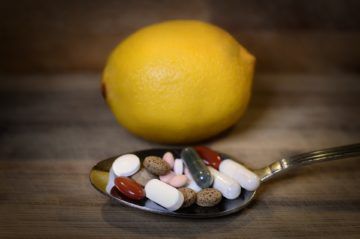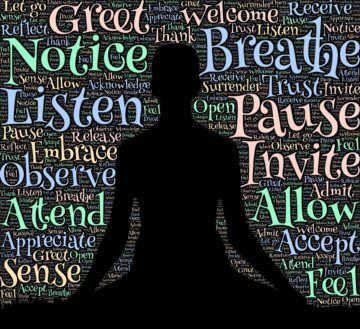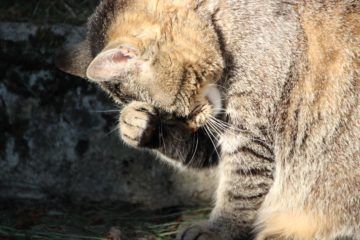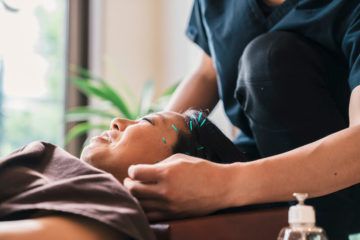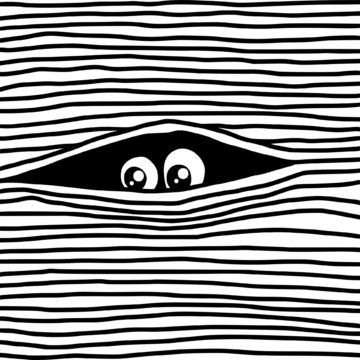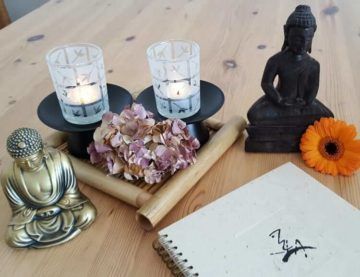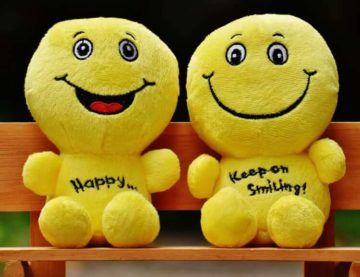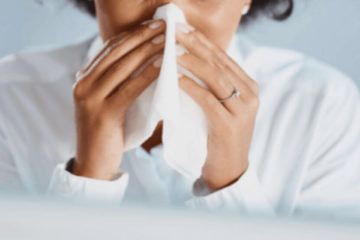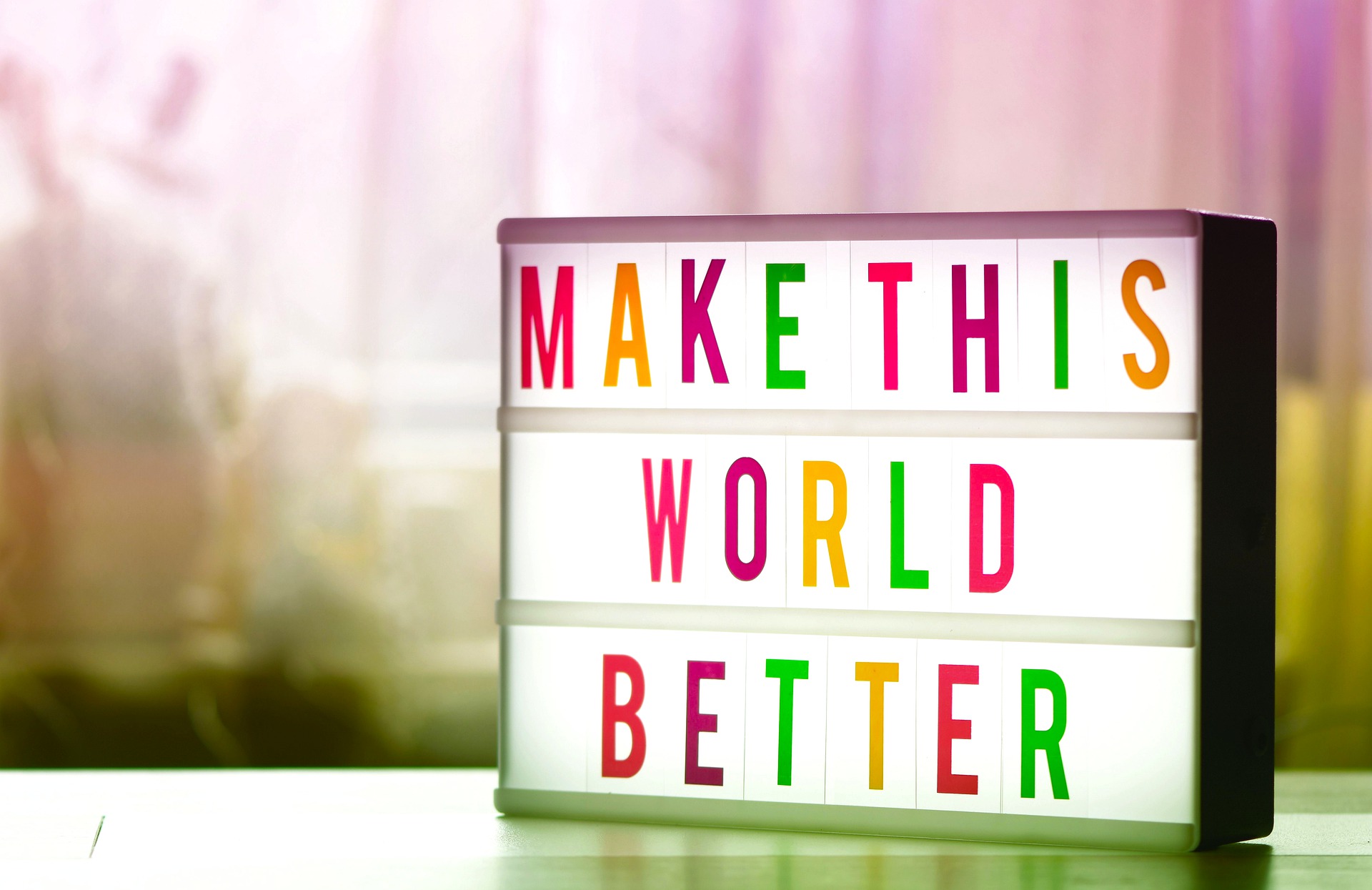
Acupuncture for Anxiety
How are you feeling? I mean, really, how are you feeling? If you’re like 65% of Americans, you’re feeling an increased sense of free-floating anxiety, depression, and uncertainty about your future. As a result of stressors in your life, it’s likely that you’re drinking more, seeing more fluctuations in your weight, and perhaps experiencing more than the usual amount of discord in your relationships. What if there was another way to come back into balance and find a healthier, more balanced way to experience life? What if acupuncture (and her sister healing modalities!) was able to provide you with some much needed, long-lasting relief from these uncomfortable feelings?
Without going in to too much detail about the statistics, I do want to present you with some information so that you know you aren’t alone in how you’re feeling. I’m also presenting this information to remind you that concerns around mental health – specifically the manifestations around feelings of anxiety and depression – can no longer be ignored. This isn’t an issue that can be fixed by someone “out there.” It’s something in which we need to be an active participant. The work may be challenging in some areas, but so much easier in others, if you seek the tools and support you need.
According to the State of Mental Health in America 2022 Statistics reported by Mental Health America, just under 20% of Americans are currently experiencing a mental illness. Here in Arizona, the percentage of our youth population experiencing a severe major depressive episode (MDE) has nearly doubled since 2016. This means that currently, 16% of our young people have experienced an MDE in the last year. Are we providing resources to address the fact that our kids experiencing nearly as much mental distress as our adults? In my opinion, given that nearly 8% of adults in our country reported having a substance use disorder in the past year (6% report disorder in alcohol use), it’s time we really start addressing the roots of the issue of addictions, addressing signs and symptoms when they first arise in children and adolescents. At this time, over half of these adults are not receiving treatment. If we don’t start doing things differently, this does not bode well for the generations to come.
In March of 2022, the World Health Organization reported that there has been a worldwide increase of 25% in the prevalence of anxiety and depression in the last two years. They attribute this largely to stress caused by social isolation, lack of community engagement, loneliness and increased financial stressors (see full report here).
Finally, stress.org recently presented information from the American Institute of Stress and the American Psychological Association regarding feelings of stress and anxiety (full report here). They cited that in a survey of over 3,000 respondents, 87% of people report rising costs to be a major source of stress, with 65% attributing money and the economy in general to be a source of stress. This is the highest figure recorded in over six years. In this same survey, 25% of respondents admitted to an increase in the use of alcohol to cope with feelings of anxiety, while about 58% of people are currently experiencing atypical fluctuations in their weight.
The good news is that as that there are many, many ways to deal with coping with the current stressors we all may be facing in these times of uncertainty. I’ve written before about some of the things I consistently recommend, such as unplugging from the news and social media, mindfulness, herbal medicine, dietary changes, counseling and more, so I won’t go in to all of that here.
What I do want to do though, is remind people of the ongoing clinical trials reporting acupuncture to be an effective way to reduce feelings of stress and anxiety. While we know this through thousands of years of practical experience, it is wonderful that both small and large-scale trials are being run to convince the skeptics that yes, acupuncture is a wonderful – and sometimes superior – way to feel better.
Although the research is interesting, I don’t think anyone is super interested in me presenting the minute details here. And of course all trials end with the disclaimer that more trials are needed for “proof.” However, for me, I’ve got all the “proof” I need in my treatment room as clients tell me they feel better and experience fewer symptoms of anxiety and depression after engaging in even a couple of acupuncture sessions. If what you’re doing isn’t working, why not try acupuncture? Isn’t it time you feel better?
Here are a couple of conclusions meta-analyses (analyses of groups of studies) conducted in 2022 that I found regarding acupuncture and anxiety around very specific health topics:
Electroacupuncture and acupuncture in the treatment of anxiety: “Acupuncture and electroacupuncture are effective in treating anxiety on their own or as adjuncts to pharmacological therapy.” (full study here)
Effect of acupuncture on IVF-related anxiety: a systematic review and meta-analysis: “Acupuncture is a drug-free and safe treatment that may benefit those who are burdened with IVF-related anxiety…” (full study here)
Preoperative anxiety management: acupuncture vs. pharmacological treatment: “Acupuncture is a safe and well-tolerated procedure that reduces preoperative anxiety. Both somatic and auricular acupuncture are more effective than pharmacological treatment in the intraoperative period (lower consumption of propofol and fentynal).” (full study here)
Effect of Tiaoshen acupuncture on anxiety after methamphetamine withdrawal: “Tiaoshen acupuncture combined with psychotherapy can relieve the anxiety in patients with anxiety after methamphetamine withdrawal, improve the quality of life and sleep, the therapeutic effect is superior to the simple psychotherapy.” (full study here)

